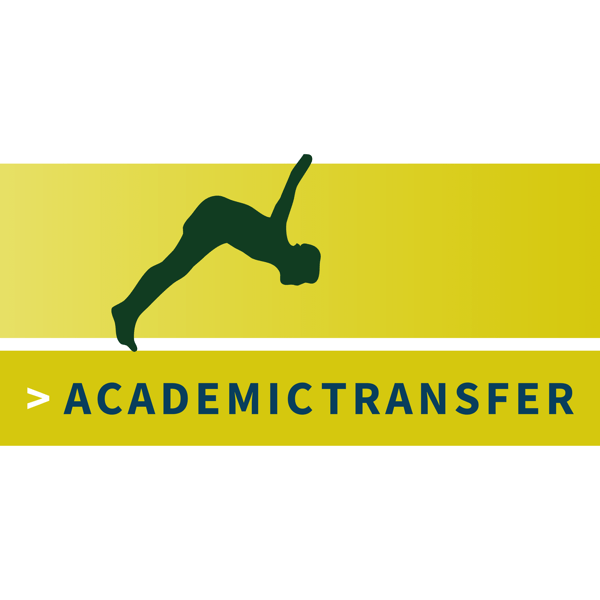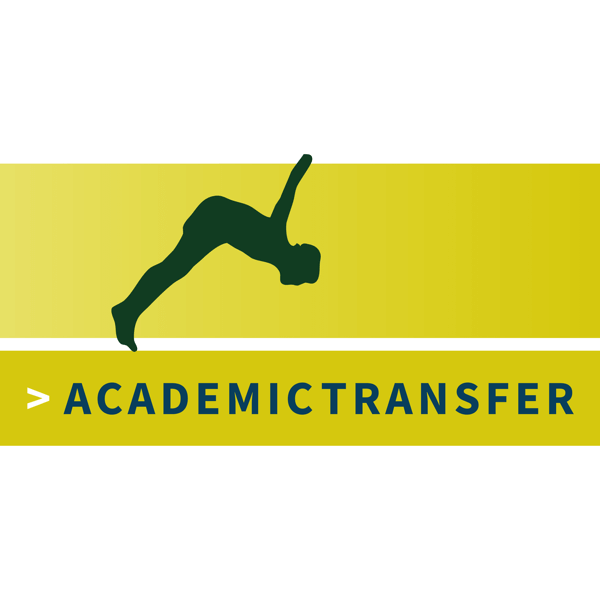
PhD Talk for AcademicTransfer: Finding our expertise field as an academic
This post is part of the series PhD Talk for AcademicTransfer: posts written for the Dutch academic career network AcademicTransfer, your go-to resource for all research positions in the Netherlands.
These posts are sponsored by AcademicTransfer, and tailored to those of you interested in pursuing a research position in the Netherlands.
If these posts raise your interest in working as a researcher in the Netherlands, even better – and feel free to fire away any questions you might have on this topic!
When we start our academic careers as, for example, assistant professors, we usually continue doing the research we did during our PhD and/or post-doc.
At the same time, we do not have to continue in the exact same line. I remember that when I got my faculty position, I started to keep a list of All the Interesting Things I’d want to work on. I listed most of them as thesis topics, or topics to apply for funding. I always have more ideas than time to act on them, it seems.
If you are on a tenure-track, an important aspect is also that you need to become known for your expertise in a certain topic. If your research lines are too broad, you can’t quite pinpoint your exact field of expertise. If your research lines are too narrow and too close to everything you did under supervision, you risk not being able to demonstrate that you are able to move your own research lines forward as an independent academic.
With all these aspects to consider, here is what I recommend for finding your expertise field as an academic:
- Consider the funding: As with all research, you need to consider how your work will get funded. If you want to do experiments, hire students, pay for travel, and cover any additional costs, you will need to think of how to find the relevant funding to support your line of research. You may need to pivot strategically to topics that align better with the priorities of funding bodies.
- Balance deepening with broadening: To become an authority in your field, you need to have both in-depth knowledge on specific topics as well as a broad view of your field. You’ve already learned how to get in-depth knowledge during your PhD – you are trained for this. Now, think as well how you can broaden your understanding of your field, by tackling new topics, or connecting different topics.
- Think strategically: When you are applying for funding and balancing deepening and broadening, it is good to take a step back, and think about the impact you want your work to make in the world, and the main research lines you want to focus on. Sitting down, and establishing a research agenda for yourself for the next years, can be a useful exercise to have your strategy clear.
- Consolidate efforts: Once you have a strategy, you can think of consolidating efforts. Apply for funding for projects that are a continuation of previous work instead of a completely new topic, to build continuity. Focus on a limited number of topics, and consolidate your efforts between collaborations to pursue (and where), projects to apply for (as participant, or as lead), papers to write, student topics to supervise, and perhaps even case studies or projects you use in teaching.
- And keep time in the sideline for fun: As with all advice: take my previous advice with a grain of salt. Not everything needs to be purified and fully strategic. If you are like me, and enjoy exploring new ideas, then by all means, find time and space in the sideline to tinker with a few other things. At the end of the day, as an academic you are allowed to do so, and if you enjoy playing around with some ideas, find time for that play.
How did you develop your expertise field as an academic?

